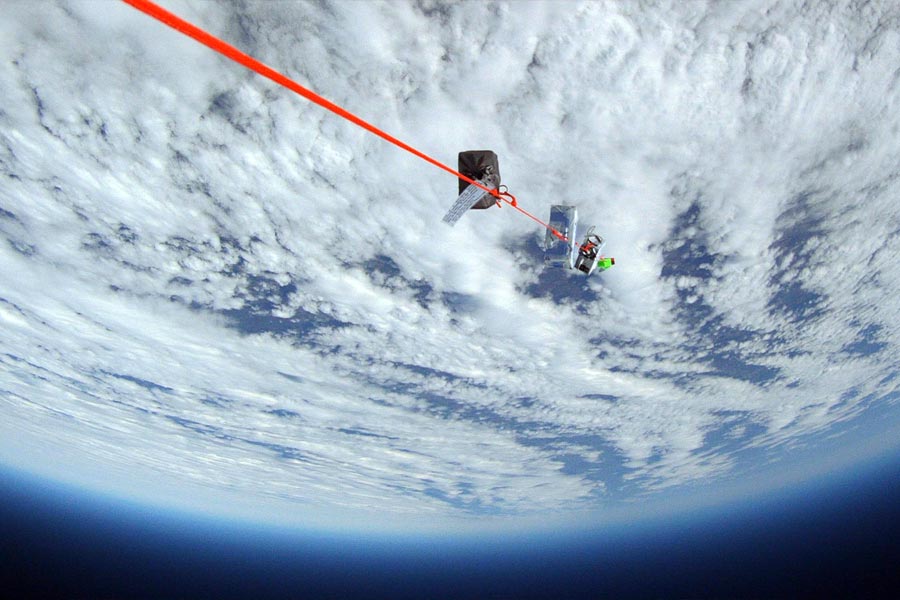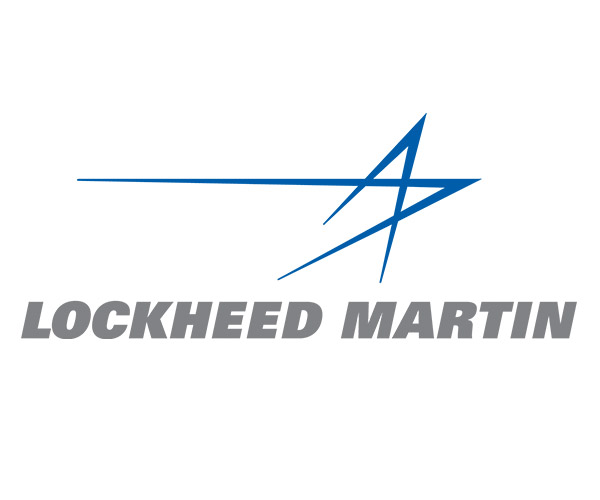Bachelor of Science (BS) in Astronautical and Space Engineering
Earn a Bachelor of Science in astronautical and space engineering, advance the frontier of space exploration
Capitol Technology University's Bachelor of Science in Astronautical and Space Engineering (BSASE) program is a comprehensive and dynamic path for those interested in shaping the future of space exploration. This program is unique due to several key features:
Comprehensive Curriculum
The BSASE degree covers a wide range of subjects, including engineering, computer science, technical courses, mathematics, sciences, English, and social science, totaling 120 credits. This ensures a well-rounded education that equips students with a broad skill set.
Faculty Aerospace Experience – Learn from Practicing Professionals
Our ASE classes are taught by a group of practicing professionals with over 100 years of combined experience in aerospace. Learn from professors who work in the field they teach, and bring their experience and expertise on the latest trends in technology and space activities in industry, government, and the commercial space market into the classroom. From career advice to networking with professionals, Capitol Tech faculty provide valuable and unique opportunities for our students to prepare to enter the workforce.
Industry-Relevant Training
The Space Flight Operations Training Center (SFOTC) provides a hands-on opportunity to learn the skills associated with evaluating spacecraft data and controlling and troubleshooting spacecraft issues in a virtual environment identical to the environment used in industry. The SFOTC serves as a laboratory environment for many core ASE classes for training that replicates real-life scenarios and teaches the intricacies of spacecraft development, operations, and data analysis.
Hands-On Experience
Capitol Technology University emphasizes practical, hands-on learning. In addition to working in the SFOTC, students will have the opportunity to participate in designing, building, testing, and flying high-altitude balloon payloads starting in their freshman year. This opportunity provides an introduction to the systems engineering process used in the aerospace industry, as well as the types of studies and associated payload designs that can provide value to our understanding of the upper atmosphere and space.
Strategic Location
Located in the Baltimore, Maryland/Washington D.C. area, the university is near many high-tech companies, defense contractors, and government agencies, including the NASA Goddard Space Flight Center. This proximity provides numerous networking and employment opportunities.
Career Prospects
Graduates of this program have a wide array of career options, such as Operations Engineer, Testing Engineer, Integration Engineer, System Engineer, Astronautical Engineer, Applications Engineer, and Aerospace Engineer, with competitive salaries in these fields.
Accreditation and Recognition
The program is accredited by the Engineering Accreditation Commission (EAC) of ABET, ensuring that it meets high-quality standards and is recognized internationally.
Comprehensive Support
Capitol Technology University offers robust support systems, including resources for improving academic skills, job search assistance, and support for students with disabilities, ensuring a nurturing and supportive learning environment.
Affordable Tuition
The university offers competitive tuition rates, with various options for active duty and retired military personnel, and a commitment to not increasing tuition by more than 1% per year for four consecutive years for all full-time students who keep their accounts current.
By choosing Capitol Technology University, you are embarking on a journey that combines rigorous academic training with practical experience, professional development, and unparalleled access to the aerospace industry. This comprehensive approach prepares you to be a leader in the fast-evolving field of astronautical and space engineering.
Why Capitol?
Faculty who currently work in industry and government as aerospace engineers
Taught by faculty currently working in technical and leadership positions in the aerospace industry. You’ll learn about the latest technologies and activities in the field – from those who do this work for a living. A core faculty with over 100 years of experience provides career-relevant training.
Our Space Flight Operations Training Center gives graduates the edge
You’ll use actual spacecraft software to control virtual satellites, replicating real-life scenarios and learning the engineering behind spacecraft development, operations, commanding and data analysis.
Our location puts you in the heart of the action
The Baltimore, Maryland/Washington D.C. area has one of the largest concentrations of high-tech companies, defense contractors, and government agencies in the United States. In addition, our campus is near the NASA Goddard Space Flight Center.
Support for you
Whatever type of resource you need –a way to improve your math skills, a place to exercise, help with a job search or a disability – we have facilities and personnel ready to help.
Top Employers of Capitol Technology University's Graduates
Career Opportunities
The Capitol Commitment
We’ve created a game plan to make sure you find a job upon graduation. Learn more.
Low Earth Orbital (LEO) Satellite Mission Control
Capitol Tech students working in our Space Flight Operations Training Center learn how to fly low Earth orbital satellites.
Read MoreDegree Details
The BSASE degree is a total of 120 credits, which covers engineering, computer science, technical courses, mathematics and sciences, English and social science course.
Enrollment and Graduation Data for Selected Undergraduate Degree Programs: Click Here
Tuition & Fees
Tuition rates are subject to change.
The following rates are in effect for the 2024-2025 academic year, beginning in Fall 2024 and continuing through Summer 2025:
- Full-time tuition is $13,175 per semester, plus fees
- The active duty military tuition rate is $250 per credit, plus fees (additional discounts and scholarships do not apply)
- The retired military tuition rate is $763 per credit, plus fees (additional discounts and scholarships do not apply)
- All full-time students who keep their student account current are promised their tuition will not increase more than 1% per year for four years
- For the cost of living in Capitol Technology University's modern residential facility.
- Academic Fee for UAS-120 $500
Find additional information for 2024-2025 undergraduate tuition and fees.
Related Information
The B.S. degree in Astronautical and Space Engineering is accredited by the Engineering Accreditation Commission (EAC) of ABET, https://www.abet.org, under the General Criteria. Visit the ABET website for more information.





































